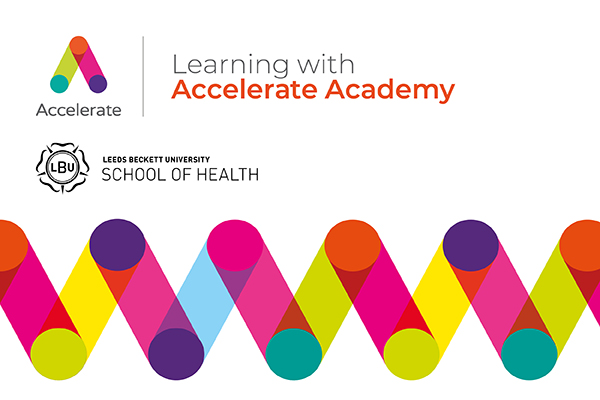Our masters level university qualification – exams and essays or critical discussion?

A little bit about me
I have worked in health care since I was a 16 year old Nursing Auxiliary and have done a lot of courses, sat a lot of exams and written a lot of essays! For the past 13 years I have worked within nurse education.
Nurses and learning
I have met many very competent nurses who struggle academically to write essays in order to pass courses and university modules. I have sadly witnessed firsthand the stress and anxiety that this can cause to the point where learners are no longer learning about the clinical care the course is supposed to develop, because all they can think about is the essay and what they need to write to ‘please’ the marker and get over the hurdle of the assessment.
So over the years I have sought to employ alternative assessment methods that are not essays, exams or even formal presentations. I am still puzzled by this ever-present need within nursing to expect nurses to be presenters, perhaps at the end of courses, or worse at interviews! At what point do we formally present to our patients, or perhaps our colleagues in handover, using a PowerPoint? NEVER, that’s when!
Don’t misunderstand me here, I am not looking to belittle academic nurses who wish to develop themselves to perhaps speak at conferences sharing good practice, I am one of those nurses myself! And as for exams, again I would ask about the value of these for modern day nursing practice where if we don’t remember, we get the book out, such as the BNF on the drugs round or we creatively discuss patient problems or care with our colleagues or the wider MDT team.
Critical discussion instead of exams
From the above observations, the idea of a critical discussion was born for our advanced wound management university qualification.
We are proud that this master’s level module, worth 20 academic credits, is assessed using a critical discussion. As professionals, we discuss and debate wound management issues bringing in the evidence base, so a bit like clinical practice really.
Many of last year’s learners enjoyed this approach and at least two have been in touch with us since the course to tell us about how their critical discussion has ignited change in their clinical areas.
About our university qualification
As an organisation, Accelerate seek to create system change, and to do this, we recognise the need to develop confident future leaders in wound management.
The module focuses on bringing three key aspects into the curriculum:
- Clinical competence, it’s essential that we have clinical experience and competence, as role models to be a credible leader.
- Leadership, having the confidence and also knowledge about the wider national and international agenda is crucial. The module looks to develop leadership by synthesising other fields of practice, bringing in public health, the social determinants of health and the long-term condition management agenda. We definitely don’t teach the theories of leadership as that doesn’t make good leaders, that just creates people who understand leadership theory.
- A sense of community. We believe it’s difficult to create change if you feel that you are alone. As each cohort grows, our Academy Alumni grows and we believe that feeling part of a strong and powerful community will give nurses ability for change.
What our learners say
“The course was the best course I have completed in a long time. Even though I consider myself to be an experienced nurse there was a lot of information that made me reflect on my practice and the importance of the microcellular process in clinical practice. it was good to meet George and Fran as the course leaders and I felt inspired by them and the care that they deliver as clinicians.”
“The models were a great asset and enabled me to assess the curette prior to using in clinical practice. They are a very useful simulation aid.”
Find out more about our university qualification
